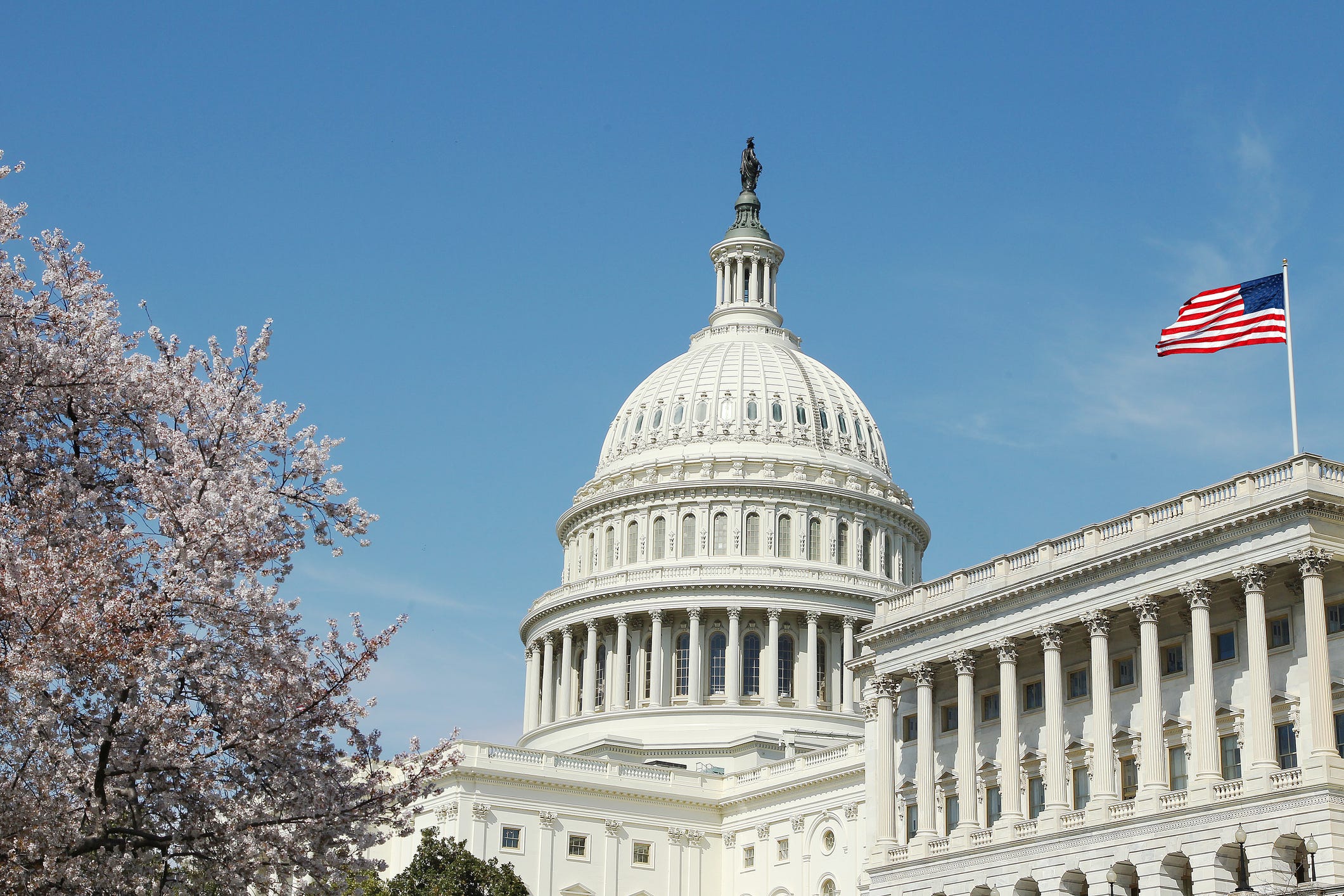LATEST FINANCIAL NEWS
US deficit to exceed $1 trillion by 2020, tariffs to reduce GDP
WASHINGTON – In a report released Wednesday, the nonpartisan Congressional Budget Office (CBO) estimates the federal budget deficit, or the difference between revenue and expenses, will exceed $1 trillion by 2020.
The CBO says the federal budget deficit is $960 billion in 2019 and will average $1.2 trillion from 2020 to 2029, causing the federal debt to balloon to 95% of GDP in 2029 – “its highest level since just after World War II.”
“The nation’s fiscal outlook is challenging,” CBO Director Phillip Swagel said in a statement.
To put debt at sustainable levels, “lawmakers will have to make significant changes to tax and spending policies – making revenues larger than they would be under current law, reducing spending below projected amounts, or adopting some combination of those approaches,” Swagel said.
Federal debt: ‘Unprecedented levels’: CBO projects federal debt to reach 144% of GDP in 30 years
More: Treasury watchdog to review delay of Harriet Tubman $20 bill design
More: Trump on the trade war with China: ‘I am the chosen one’ since ‘somebody had to do it’
The CBO revised its original estimates to include a larger deficit and debt because of increased spending by the federal government this year after budget caps were lifted, as well as expenditures on disaster relief and border security.
Deficits have increased in recent years because of decreased tax revenue. The tax bill passed by Republicans in 2017 cut income tax rates for individuals and corporations.
The CBO director noted that “higher trade barriers” will have a significant impact on the economy and could reduce U.S. GDP by about 0.3% in 2020 compared with what the GDP could be without tariffs levied by the United States and other countries.
The most recent round of tariffs, scheduled to go into effect Sept. 1, would impose a 10% tariff on $300 billion worth of Chinese products.
Trump said Wednesday he was considering a cut in the payroll tax in an attempt to stimulate the economy amid worries about a recession.
Thursday, he said he did not want a tax cut.
“I’m not looking at a tax cut now,” he said. “We don’t need it” because the economy is doing “very, very well.”









